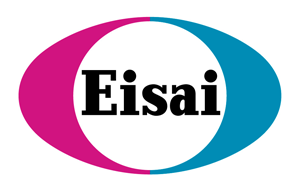Events
Events
Beyond webinars, GAPNA hosts two major events each year: the GAPNA Annual Conference and Contemporary Pharmacology and Prescribing in Older Adults.
More InfoGAPNA Exchange Community
GAPNA Exchange Community
Members network in person at GAPNA events, and any time in our online community, the GAPNA Exchange.
More InfoOnline Learning
Online Learning
GAPNA's Online Library provides access to educational content and credits 24 hours a day. Membership is not required, but does grant you valuable discounts.
More InfoCertification
Certification
To distinguish Gerontological APRNs who possess expert knowledge, experience, and skill, GAPNA and GNCC offer an APRN specialty certification in gerontology.
More Info














